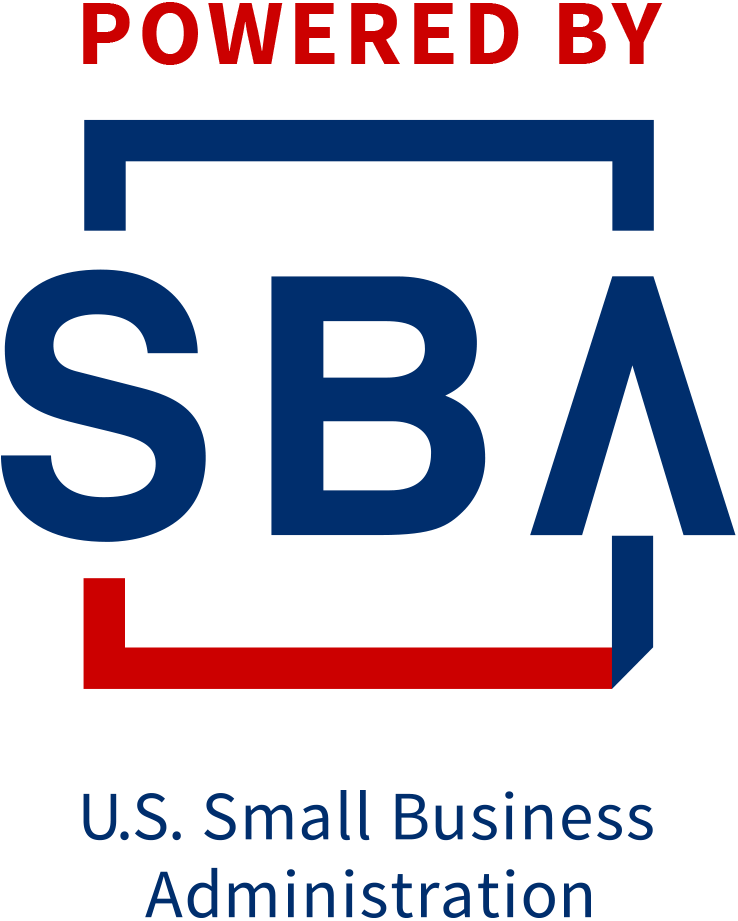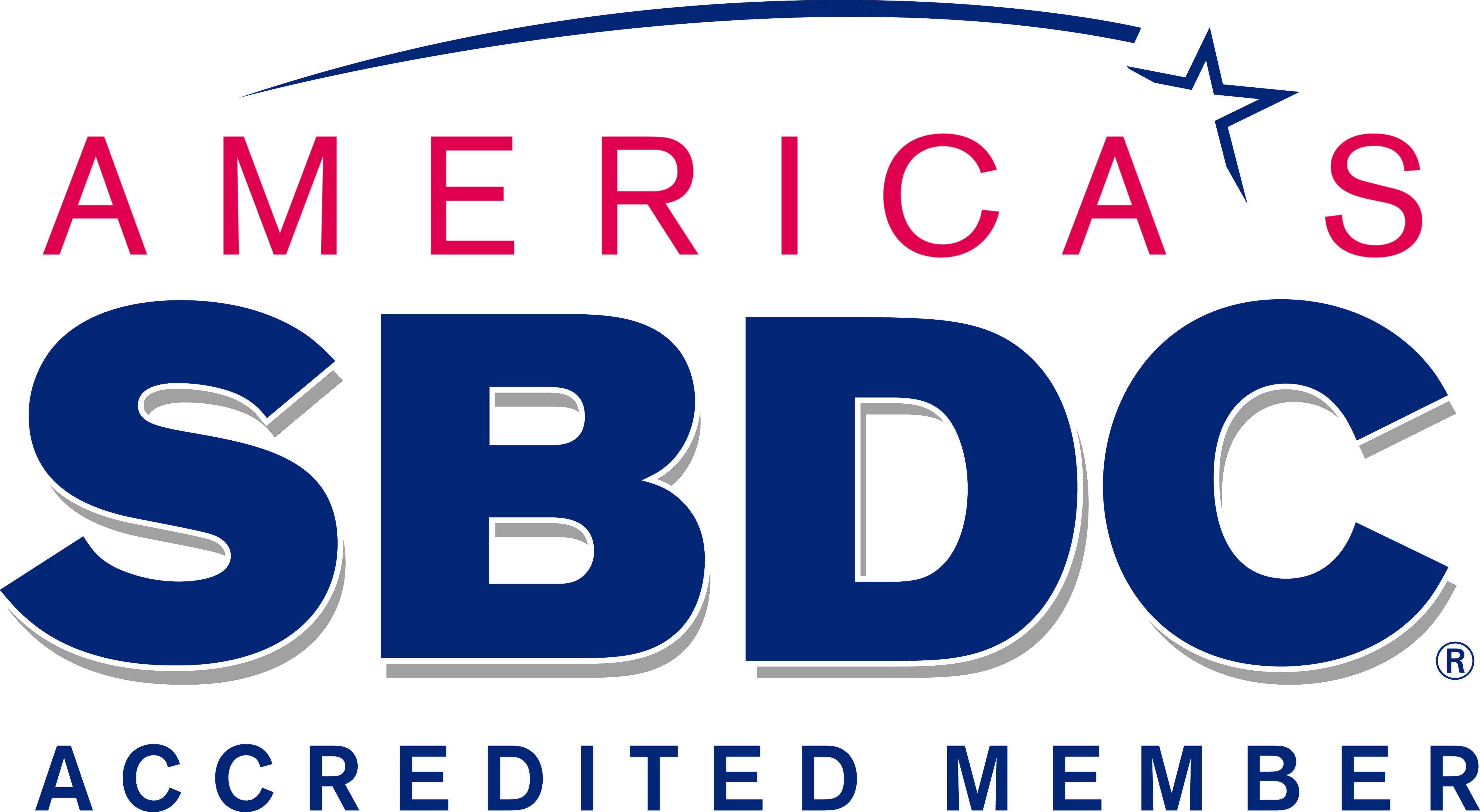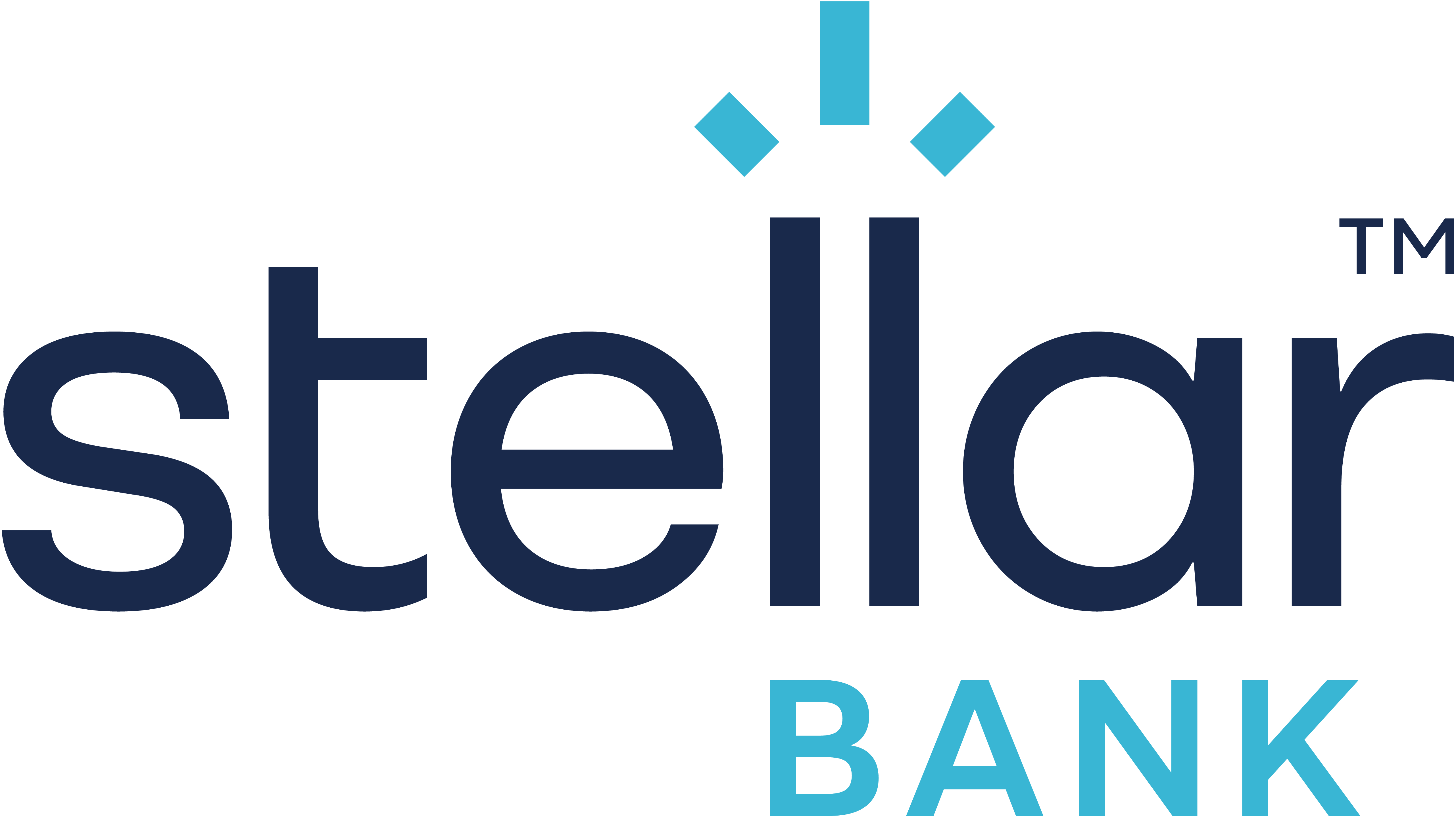Advisor Q&A: Tips for Student Entrepreneurs Starting a Business

By: Aries Payne
Although launching a business may seem daunting while you’re in school, success is still 100% possible; many prosperous business owners started their ventures while in college. For example, in 2003, Matt Mullenweg and Mike Little, founders of WordPress, released the first version of the program in their dorm room. As of August 2024, the content management system is now worth over $596.7 billion, and over 478 million websites (43.5% of all websites) use it!
This is to say that students are in a unique position to start a business with the abundance of resources at their fingertips. However, balancing running a business with academic responsibilities can be a challenge. That said, here is some practical advice to help college students embark on the entrepreneurial journey, with tips from a few of our SBDC advisors and directors.
Q: What steps should students take to validate their business ideas before investing significant time and resources?
A: According to Galveston County SBDC Director Amy Reid, before investing significant time and resources, students should take several key steps to validate their business ideas:
- First, conduct thorough market research to assess demand, identify the target customer, and analyze the competition.
- Secondly, create a basic “pretotype” of their product or service to get early customer feedback and refine the concept. It’s also important to assess the financial feasibility by projecting startup costs, revenue streams, and potential profitability.
- Finally, reach out to industry experts, mentors, and potential partners for their insights and perspectives. Validating the idea upfront can help students avoid costly missteps and increase their chances of launching a successful business.
Q: How can students leverage their academic resources (professors, programs, etc.) to support their business ventures?
A: Beyond entrepreneurship and business courses, where you can learn about things like market research and pitch designs, there are other academic resources students can leverage to set themselves up for success.
Many educational institutions host incubator and accelerator programs, which, according to Forbes, are typically designed to “connect young entrepreneurs to real startup resources that are harder to come by when you are starting out on your own – in some cases, leading to job opportunities and access to funding...” The University of Houston’s Technology Bridge and its Innov8 program is one such example.
Additionally, Entrepreneur notes that students can take advantage of their university’s networking opportunities: “Attending career fairs and joining clubs based on their interests connects them with colleagues, supervisors and teachers who can act as mentors.”
There are also plenty of other low- to no-cost resources that students can access outside of school, such as confidential one-on-one business advising from the SBDC. We also have valuable training classes for group learning and interactive sessions.
Q: How can students approach potential investors or lenders when they lack a long track record in business?
A: Kim Way, Director at the Houston SBDC, suggests that students “have a well-thought-out business plan or pitch deck. A well-researched business plan or pitch deck can show potential investors that the student understands the industry they are trying to do business in and that they have done their homework. Investors are also looking for financial payback, so make sure that the business plan has detailed financial projections with an anticipated payback.”
Kim also recommends that “students not ask for the moon. That means you may need to start small when approaching an investor. If you start by asking for large sums of money, you may get a quick ‘no.’ But asking for smaller, more reasonable amounts that can get your business started may make an investor more comfortable with the investment.”
Q: How can students effectively balance their academic workload with the demands of running a business?
A: Planning and managing a business are akin to working a full-time job, demanding time that many may struggle to find as a full- or even part-time student. With that in mind, it’s important to first set realistic goals, expectations, priorities and boundaries. Ask yourself: What are you trying to achieve with your degree program? What are you trying to accomplish with your new business? Do the two things coincide or conflict—and if the latter, is this a venture that can wait until after graduation rather than while you pursue your studies?
From there, you’ll have to use time management techniques to maintain your boundaries to avoid burnout and sacrificing your education, time, and effort.
Q: What advice would you give to students who want to involve their classmates or friends as co-founders?
A: Robert Johnson, Business Advisor at the Fort Bend County SBDC, suggests you “look at the gaps in your understanding and abilities.” Then, “you need to fill in the gaps with people with domains or zones of genius that complement yours.”
LeeVera Smith, Business Advisor at the Houston SBDC, adds, “Make sure that their goals and mission for the business align with yours. Know each other’s viewpoint on key issues such as the company’s development and operations, including by not limited to ownership control and responsibilities and duties within the company, money concerns including owners’ injection, distribution of profits, working relationships including communication method, work hours, commitment to goals and vision of the company, division of work, etc.” Finally, “Make sure you put everything you agree upon in writing.”
Q: How can students use their business ventures to build valuable skills and experience for their future careers?
A: Shay Iacoponelli, Business Advisor at the Brazos Valley SBDC, says, “Any business experience, positive or negative, provides valuable lessons for a student’s future endeavors. Running a business helps them improve their leadership and problem-solving skills. They learn how to handle money and enhance their financial literacy. Working on marketing and sales boosts their communication and persuasion abilities. They also become more adaptable and resilient, which is crucial in any job. Additionally, they gain practical experience in project management, customer service, and networking. All these experiences build a solid skill set that will benefit them in any career path they choose.”
Q: What are the biggest challenges students typically face when starting a business, and how can they overcome them?
A: Robert Johnson notes, “Students typically face the harsh reality of starting a business: the loneliness, the failure, the fear, the vulnerability, the rejection, the roadblocks, the losses. All these things come at you all at once, and it’s very hard. It’s not impossible to start a business, but most people bail out because it’s agonizingly difficult to be a founder. To overcome this, you must have a burning desire and firm resolution to make your venture work.”
Q: What is the best piece of advice you can give a student embarking on their entrepreneurial journey?
A: Robert Johnson sums up what many entrepreneurs resonate with: “I can’t think of a better piece of advice than to listen to your heart and intuition and to follow them. Entrepreneurship is a creative thing; it’s like creating an art piece or bringing something new and fresh into the world. Whether it’s a new product, a technology, or an existing service that will be done better or in a new location, you need to connect to it and have a serious intention to make it work and fight through all the hardships associated with entrepreneurship.”







